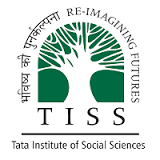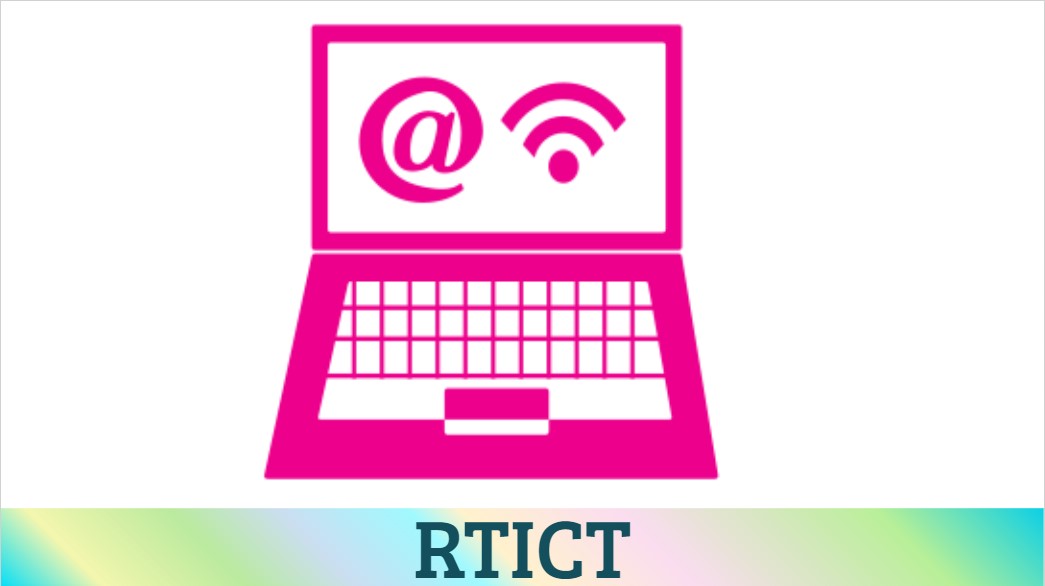About This Course:
C-01: Digital Competencies for School Education / स्कूल शिक्षा के लिए डिजिटल दक्षताओं
This course is offered bilingually in Hindi and English as per participant request. Unit 1 is entrely in Hindi and Units 2, 3 and 4 are authored in Hindi and English and participants are free to choose to attempt in either language.
The goal of this course is to introduce basic and essential tools for teachers to gain competencies and a critical understanding of using digital tools for teaching learning and professional development. The course will also give an overview of digital access, Open Educational Resources (OER) and Massive Open Online Courses (MOOCs) and other opportunities for online professional development.
Objectives
- Develop digital skills and competencies as well as approaches to facilitate these skills in students and mentor peers.
- Explore digital access and challenges in their own environment.
- Understand Internet safety and its implications.
- Explore ICT for professional development
- Explore open educational resources (OER)
Unit 1: Digital Literacy
Through this unit, learners will develop basic digital and web literacy skills to enable teachers to participate in the course. This course will be practice-based, led by the local team of teacher educators and field support persons. This unit will enable teachers to use a browser, email, and forums for course participation, use Indic typing (if applicable) for online communication, and demonstrate the use of spreadsheets, mind maps, multimedia, computational tools and advanced drawing applications. Papert’s idea of micro-world and constructionism will be drawn on to learn and teach digital literacy skills.
Unit 2: ICT access
In this unit, teachers will also be guided to survey and study the ICT resources and its use in their school, classroom, educational resource hubs in their blocks and districts, and access of different devices to their students in the classroom. They will also discuss and reflect on digital divide issues with regards to class, caste, gender, and urban-rural contexts in the society and in the education context of their school and classroom.
Unit 3: ICT for Professional Development
In this unit, learners will be exposed to a variety of tools, platforms, resources and uses of ICT to enhance their professional development. Learners will discuss how teachers can play an important role in making technology-enhanced learning meaningful. Learners will develop an understanding of internet safety, and other uses of ICT to improve administrative practices in their schools.
Unit 4: Open Educational Resources (OER)
In this unit, teachers will also be exposed to ideas of Free and Open Source Software (FOSS) and OER. Teachers will gain an understanding of the idea of legal sharing resources on the Internet using the Creative Commons (CC) License. The underlying principles and advantages and constraints of using FOSS in school contexts will be examined and teachers will have opportunities to reflect on the implications of these in their school context.
Teaching Method: Hands on practice with tools and application, surveying infrastructure access
Assessment: Quiz, tasks using ICT applications
Course Staff
Anusha Ramanathan
Consultant, Centre of Excellence in Teacher Education (CETE, formerly CEIAR), TISS
I have taught for more than a decade at undergraduate and the postgraduate levels across various domains including English and Mass Media and Business Studies. I also wear the caps of course coordinator, examiner, teacher trainer, corporate trainer, researcher, editor, content developer, syllabus designer and reviewer at different times in various institutions. I am the TPD-Implementation coordinator and a core part of the TPD English team at TISS.
Bindu Thirumalai
Assistant Professor, Centre of Excellence in Teacher Education (CETE, formerly CEIAR) TISS
I have over 18 years’ experience working in the development, academic and corporate sectors, including research and programme implementation in mathematics, technology, and teacher education, as well as software development. My role in CLIx includes strategic coordination of the overall curriculum development effort. I am also an active contributor to curriculum development and research in the areas of Mathematics and i2C.



